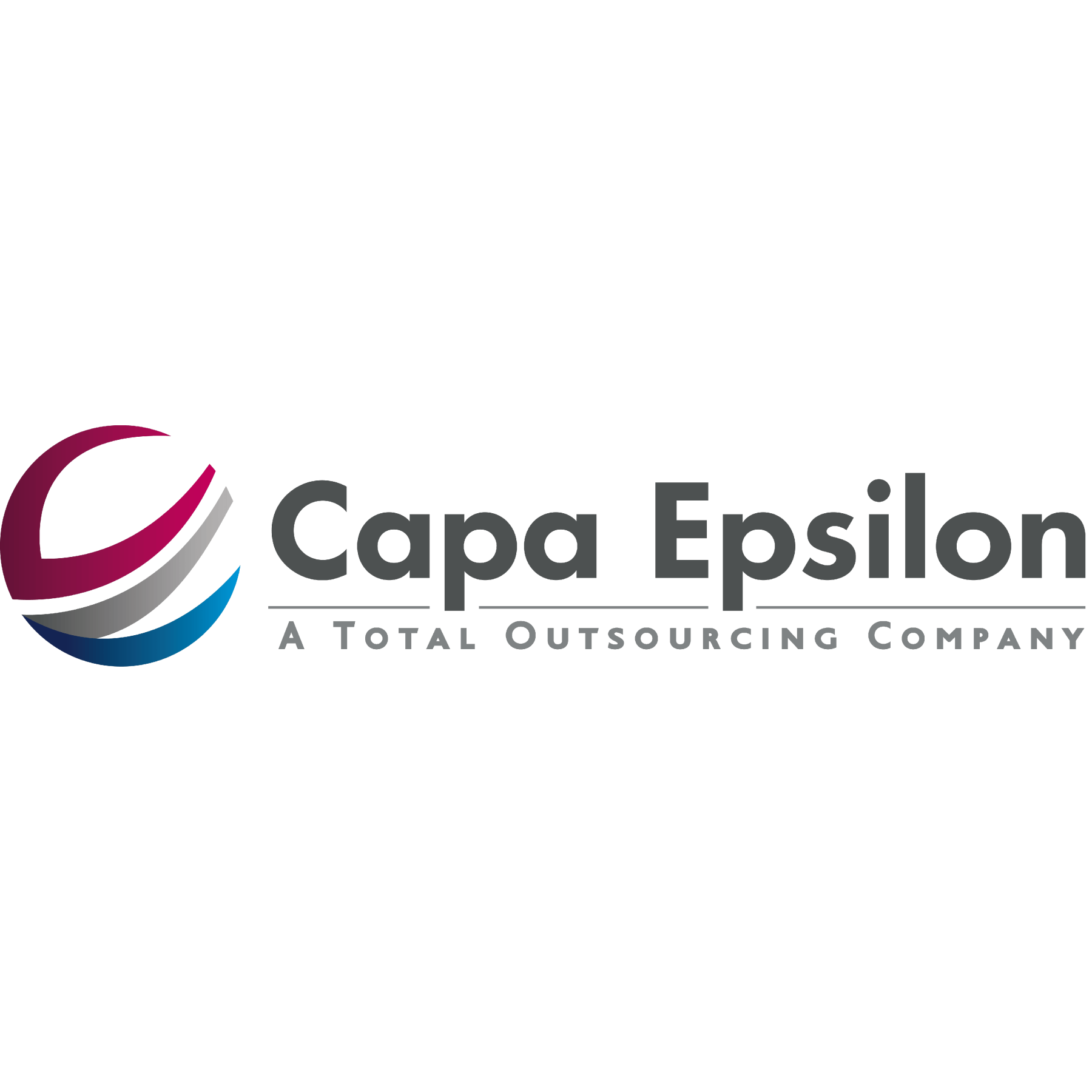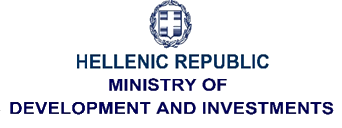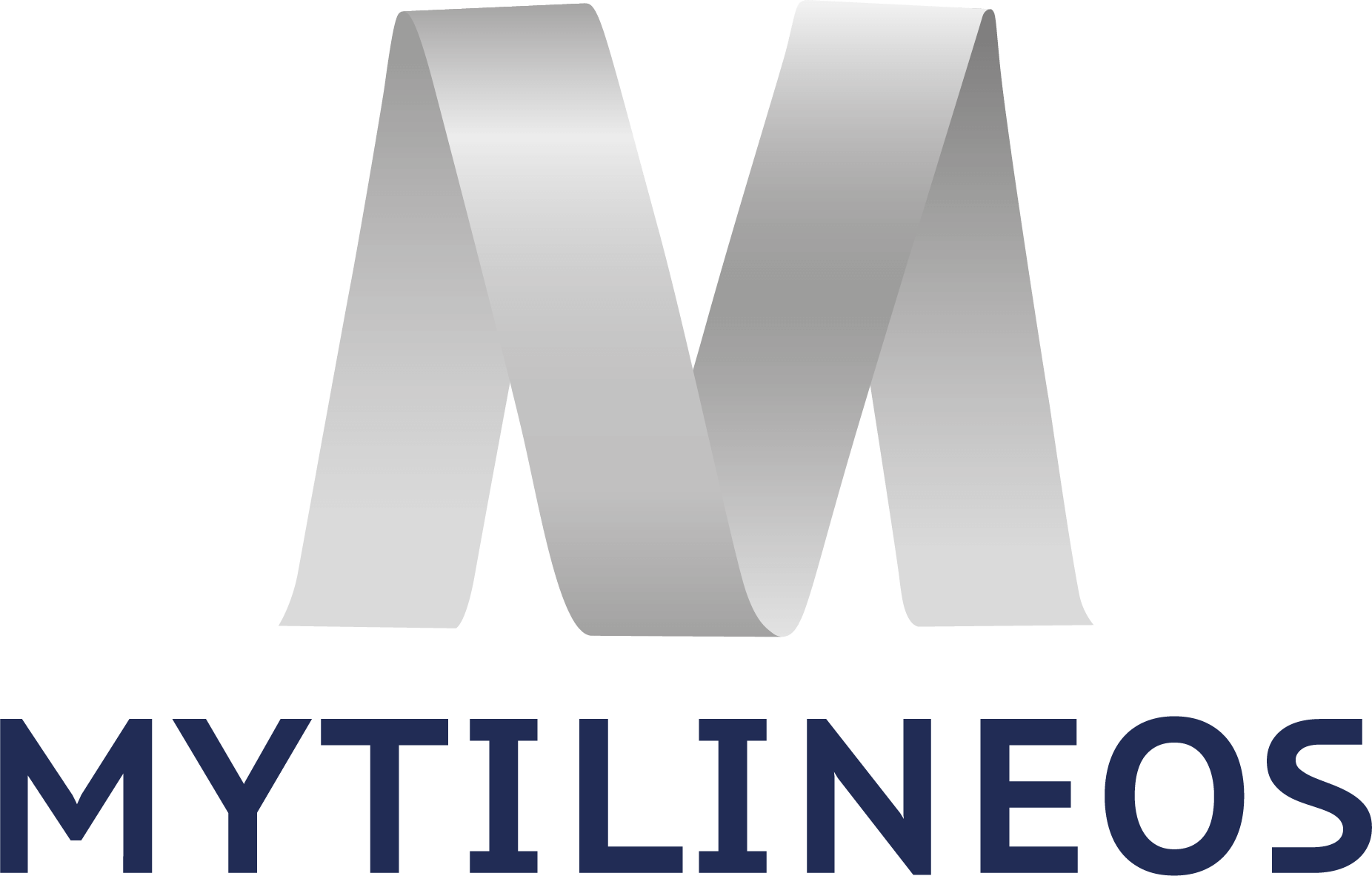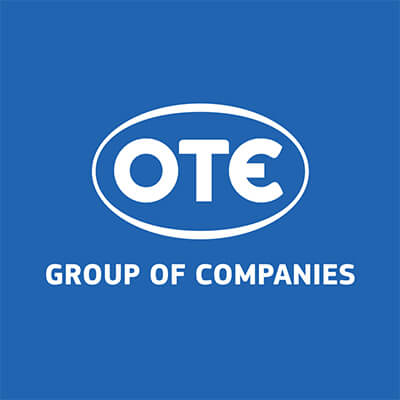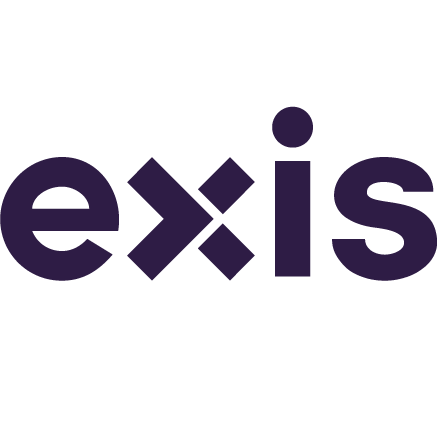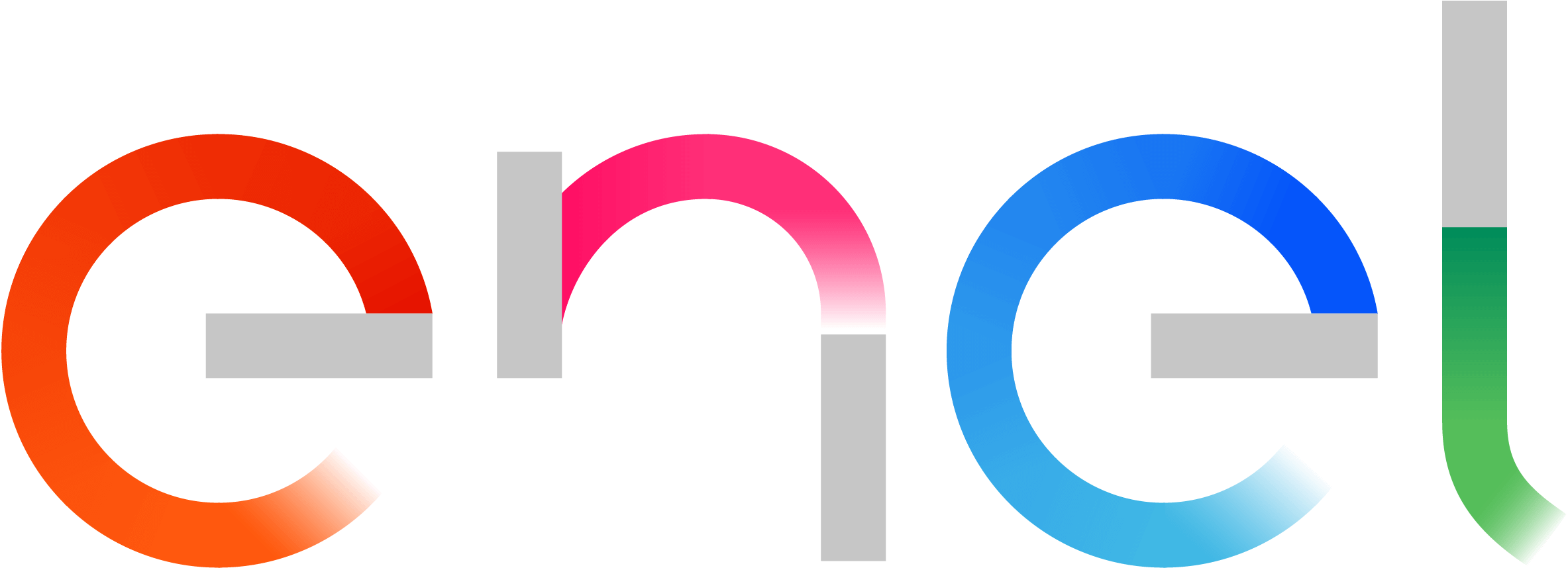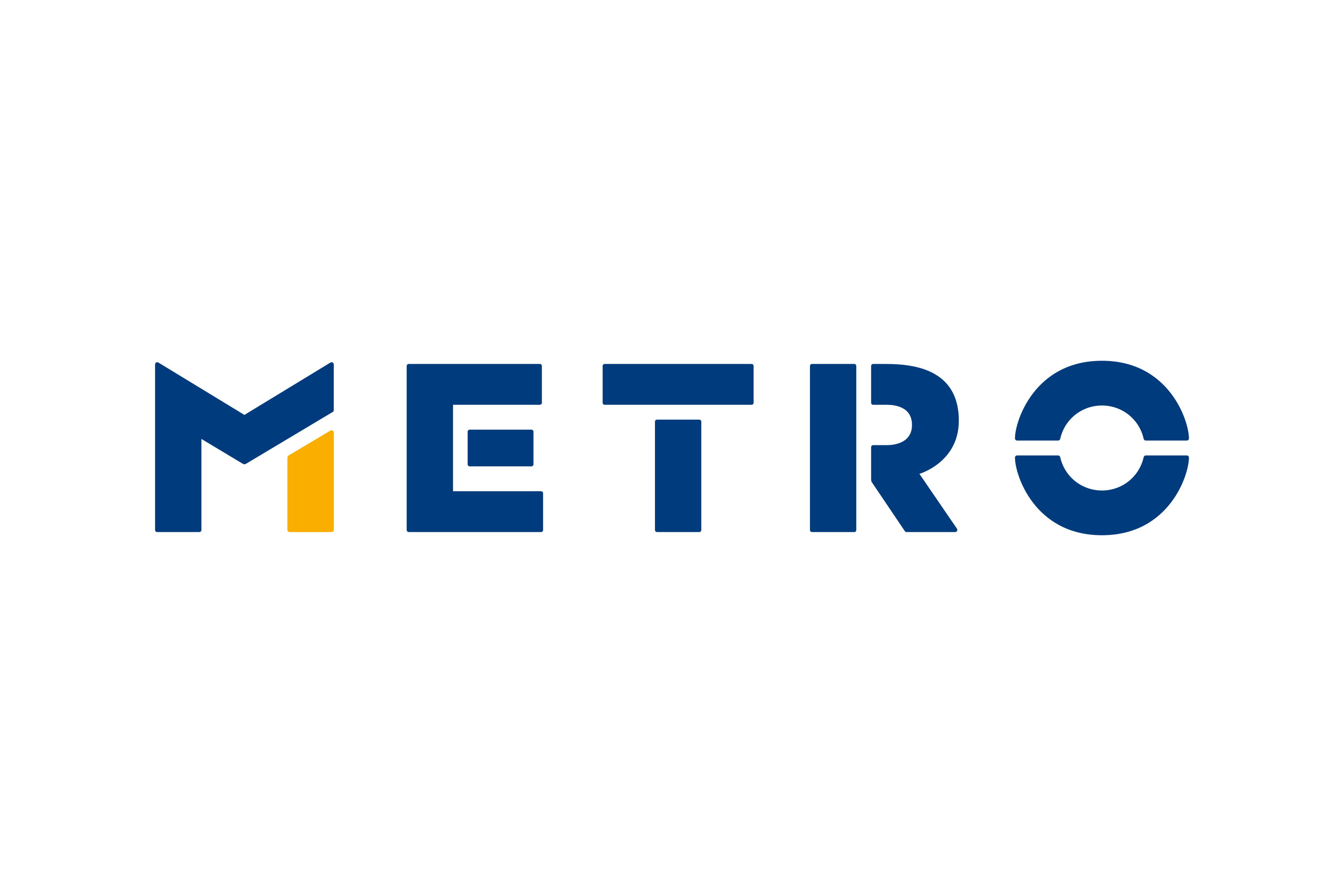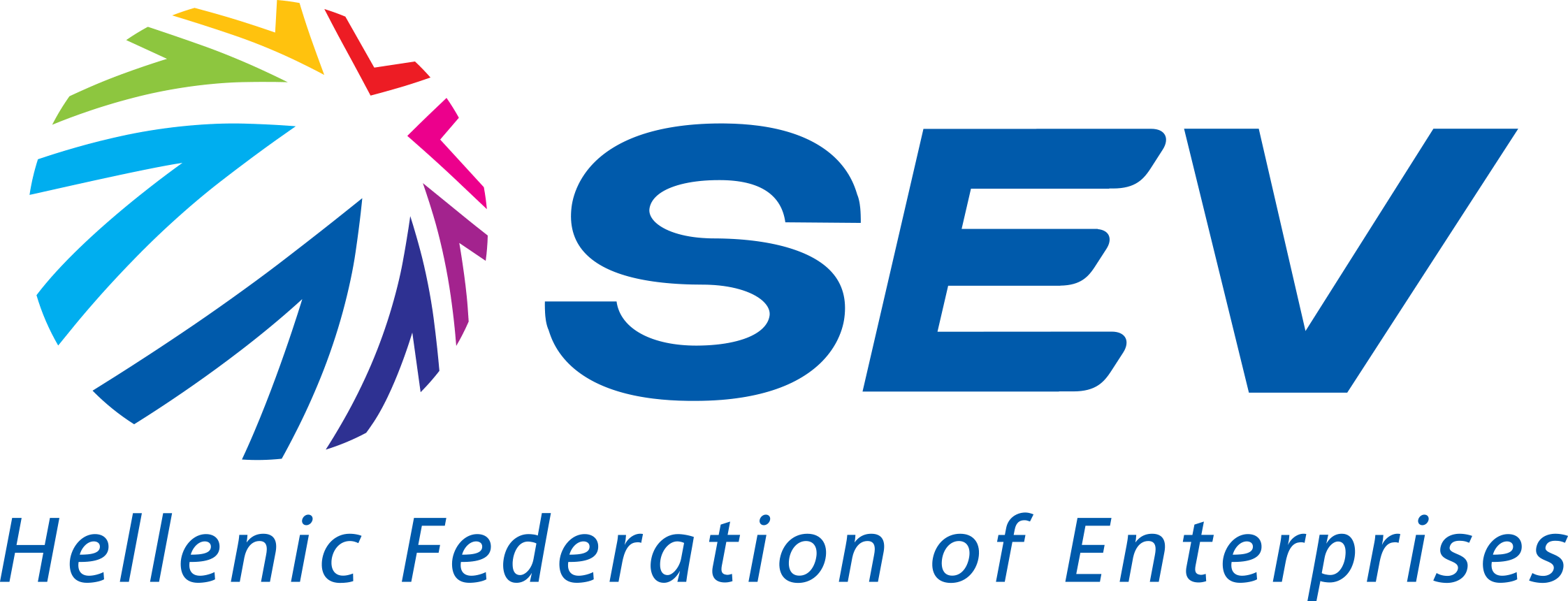LECTURES OF THE CSR SCHOOL 2022

11:30-14:30 CET (Brussels time zone)
Sustainable Value Creation
By Dr. Constantine Manasakis (Associate Professor, University of Crete)
Learning objectives / outcomes:
- Highlight the cornerstones of the mainstream business models.
- Highlight the global impacts and risks induced by the mainstream business models.
- Introduce stakeholders’ interests within corporate purpose.
- Present corporate transformations rising from the “Stakeholder capitalism” business context.
- Present the cornerstones for creating and providing sustainable shared value.
- Demonstrate how business responsibility enhances corporate competitiveness.
- Present the roadmap and the steps towards the development of a CSR action plan.
Contents:
- The “Business as usual” context.
- The impacts of the “Business as usual” context.
- Mainstreaming stakeholders.
- Materializing opportunities in the “Stakeholder capitalism” context.
- Introducing Sustainability and Responsibility in the corporate DNA.
- An Action Plan towards Sustainable Shared Value.
 14:30-15:30 CET (Brussels time zone)
14:30-15:30 CET (Brussels time zone)
Sustainable Value Creation through Cost Effectiveness
By Mr. Vasilios Coufos (Founder & Managing Partner, CapaEpsilon spPCC)

11:30-14:30 CET (Brussels time zone)
Legal Aspects of Sustainability
By Dr. Elena Koltsaki (Lawyer-Mediator, Academic Director, Msc in Business for Lawyers, Affiliate Professor, Alba Graduate Business School, The American College of Greece)
Learning objectives / outcomes:
By the end of this module participants should be able to:
- Understand the key concepts, theories, practices, and trends related to ethically-charged real life business problems including ethical and sustainability issues.
- Understand current theory and legislation on CSR.
- Identify the blind spots in decision making and the driving forces behind misconduct as well as learn how to build an “ethical compass”.
- Identify and understand the legal framework and common management practices designed to facilitate and encourage ethical business.
Contents:
- Introducing Business Ethics.
- Sustainability as a key goal for business ethics in the age of Globalization. CSR in an international context.
- The corporation as part of a wider society. Corporate Responsibility, Stakeholder theory of the firm and Corporate Citizenship.
- Normative and Descriptive Ethical Theories & Alternative perspectives. Making Decisions in Business Ethics: Individual & Situational influences on decision making.
- The Regulatory framework of CSR. Recent developments in International and EU legislation. Corporate Accountability vs Corporate Liability.
- Managing Business Ethics. Tools and Techniques of Business Ethics Management.

14:30-15:30 CET (Brussels time zone)
Legal Aspects of Sustainability Case Study
By Ms. Izabella M. Tsirba (Head Counsel, Finance & Capital Markets, TITAN Cement Group)
Learning objectives / outcomes:
- Understand the growing legal and regulatory focus on corporates to address the adverse impacts that their activities and supply chains have on environmental, social and governance (“ESG”) related issues, including human rights.
- Draw attention towards the importance of assessing the ESG impact of a company’s supply chain, by undertaking due diligence across its value chain and take action to mitigate against any material adverse ESG risks, especially in light of the proposed EU legislation that would introduce mandatory ESG due diligence for supply chains.

11:30-14:30 CET (Brussels time zone)
Driving true Sustainability in Supply Chains & Procurement
By Dr. Anne Touboulic (Associate Professor in Operations Management, Deputy Chair, Social Environmental Responsibility Group, PRME Lead, Nottingham University Business School)
Learning objectives / outcomes:
Through this webinar participants will:
- Gain an understanding of how the EU Due Diligence legislation relates to supply chain management and procurement
- Establish the relationship between EU Due Diligence legislation and socio-ecological challenges facing organisations
- Advance their knowledge of relevant regulatory and voluntary approaches towards sustainability in supply chains and procurement
- Explore how they can proactively embed Due Diligence in the ways of working of their organisations through examples and games
- Surface the key issues and debates related to sustainable supply chain management and procurement
- Develop a better sense of their own assumptions and position towards relation between business and sustainability
Contents:
- Due diligence in a sustainability context: the urgency of addressing ecological and social challenges and
- Due diligence implications: what it has to do with procurement and supply chains
- Defining sustainable supply chain management and sustainable procurement
- Sustainable SCM and procurement: how to become pro-active
- The future of sustainable SCM and procurement: global trends

14:30-15:30 CET (Brussels time zone)
Pirelli Supply Chain Sustainability Model
By Mr. Filippo Bettini (Sustainability & Future Mobility Officer, Pirelli)

11:30-14:30 CET (Brussels time zone)
Responsible Human Capital Management
By Dr. Eleni Lamprou (Research Fellow, ALBA Graduate Business School, The American College of Greece) & Dr. Konstantinos Tasoulis (Associate Professor, HR Management, The American College of Greece, Visiting Professor, ALBA Executive Development)
Learning objectives/ outcomes:
- Dissect the factors that affect the organization of work in the immediate future
- Evaluate implications of impending changes for ensuring decent and sustainable work for all
- Construct an organizational engagement / action plan to address the challenges of the future of work
- Examine perspectives to Sustainable HRM and discuss the need for a paradigm shift in HRM
- Consider practical ways through which HR can effectively contribute towards the achievement of SDGs
Contents:
- Impact of technological advancements, economic factors, demographic patterns, societal norms and sustainability on the organization of work
- Repercussions on the labour market, competencies in demand and emerging working models / forms of work
- Scope of intervention of alternative stakeholders (institutions, organizations, individuals) in ensuring decent and sustainable work for all
- The role of HR in organisations’ sustainability, the need for a paradigm shift from a market-driven HR to a multi-stakeholder, multi-purpose HR
- From socially responsible HRM, Green HRM, Triple Bottom Line HRMt owards Common Good HRM?
- Contributing to SDGs through HRM practices: workplace democracy and self-management; unbiasing; equality, diversity and inclusion; integrating SDGs in rewards and performance; business and human rights; SDGs shaping job seekers’ attraction and selection; employment creation

14:30-15:30 CET (Brussels time zone)
Make the sustainability journey an amazing experience
By Mr. George Savva (Global ESG Manager, Amdocs)
Contents:
- The journey of a professional in the sustainability sector
- Amdocs Case study and the framework in place
- The implementation of ESG for a global technological company
- Human Capital: an asset with a significant impact on the sustainability strategy

11:30-14:30 CET (Brussels time zone)
Sustainable Corporate Governance & Excellence
By Dr. Alexandros Antonaras (Associate Professor of Management, Vice President of Student Services, University of Nicosia)
Learning objectives/outcomes:
- Explain the relationship between Corporate Ethics, Corporate Governance and Sustainability
- Understand the importance of dealing with Sustainability and ESG criteria at the Board level
- Be aware of the recent Sustainable Corporate Governance initiatives at European level
- Learn how to build a sustainable board
- Be familiar with good practices and trends in Sustainable Corporate Governance
- Understand the Framework for Sustainable Excellence
Contents:
- Corporate Governance at a Glance
- Board of Directors and Sustainability / ESG
- Sustainable Corporate Governance
– Due Diligence on the Supply Chain
– Fighting corruption and the role of the Boards / ISO37001
– Roadmap to Build Sustainable Corporate Governance
- Framework for Sustainable Excellence
– The road to success: Direction – Execution – Results
– Linking the “G” (Governance) with the “S” (Society)

14:30-15:30 CET (Brussels time zone)
Sustainable Corporate Governance & Excellence – TITAN Case Study
By Ms. Stella Georgali (Sustainability Performance Analyst, TITAN Cement Group)

11:30-14:30 CET (Brussels time zone)
Climate Change & Environmental Management
By Dr. Eftichios S. Sartzetakis (Professor of Environmental Economics, University of Macedonia)
Scope:
To clearly identify the impacts of the climate crisis on the global economy, explore the possible policy responses and focus on highlighting the short and long term consequences for businesses.
Learning objectives / outcomes:
- Highlight the impact of climate crisis on global economy, both in the medium to long run and in relation to current events (energy crisis, international tensions).
- Introduce current and future policy reactions attempting to steer the economy towards climate neutrality.
- Discuss consumers’ voluntary actions (green consumers).
- Relate the above described rapid changes to businesses’ operation.
- Identify impacts on businesses and examine them grouping them into three categories: physical, transitional, and liability risks.
- Identify the steps, focusing on risk management, which could assist businesses in becoming resilient to climate risks.
- Proactive vs reactive business responses: the role of business in battling climate crisis, or turning a crisis into opportunities.
Contents:
- Climate Crisis essentials.
- The economic impacts of climate crisis.
- Climate policies: the slow international response, national policies, the EU climate policy framework. (Green Deal, Farm to Fork, New EU climate targets, Green Bonds, Incorporating sustainability issues to competition policies).
- The evolution and the role of green consumers.
- Analysis of direct (physical) and indirect (transitional, and liability) risks, exposing the effect of non-linearities:
- Long and short term physical impacts: flooding, hurricanes, drought, wildfires, etc
- Costs to businesses from the introduction of climate policy and regulations as well as from failing to adopt to changes in consumers’ preferences
- Costs from failing to comply with the evolving regulatory framework
- Incorporating climate risks to the core business risks and develop strategies to mitigate them.
- Going beyond legal requirements and climate/sustainability reporting to gain long term competitive advantage.
- Sectoral case studies.

14:30-15:30 CET (Brussels time zone)
Sustainable Portfolio Steering – Method and Practice
By Ms. Sabine Fisbeck-Groh (Senior Expert, Sustainability Relations, BASF)
- Explain purpose and assessment of Sustainable Portfolio Steering Method
- Link with strategic planning and target definition
- Application for business practice
- Link with the SDGs

11:30- 14:30 CET (Brussels time zone)
Sustainable Finance & Responsible Investments
By Dr. George Skiadopoulos (Professor of Finance, Banking & Financial Management Dpt., University Of Piraeus & School Of Economics And Finance, Queen Mary University Of London)
Scope:
To present empirical facts, challenges and open questions in the field of sustainable finance and responsible investments from the perspective of policy makers, investors and corporates
Learning Objectives/Outcomes:
- Understand whether institutional investors consider ESG as a factor in their decisions
- Demonstrate how we can measure climate change risks
- Present evidence on whether sustainable investments outperform
- Discuss challenges and open questions
Contents:
- Which risks do investors take into account?
- The shortcomings of ESG ratings
- Real time measurement of climate change risks- which are the ones that investors care about?
- Do sustainable investments pay off?
- Does divestment pay off?
- The issue of materiality
- Challenges for policy makers

14:30- 15:30 CET (Brussels time zone)
Sustainable Finance & Responsible Investments Case Study
By Ms. Myrto Kontaxi (Sustainability & ESG Advisor, Partner of the Biopharma Sustainability Roundtable)
Contents:
- The ESG Era
– Connecting the dots
- The Biopharma Investor ESG Communications Initiative
– Origins
– Outcomes
- Key Investor Expectations
– How and where do investors get their ESG information?
– What are Investors saying?

11:30-14:30 CET (Brussels time zone)
Responsibility & Sustainability-driven Marketing
By Dr. Pavlos A. Vlachos (Associate Professor, ALBA Graduate Business School at The American College of Greece)
Scope:
To identify the links between CSR (or ESG) communications, marketing, and analytics.
Learning objectives/ outcomes:
At the end of this session students should be able to:
- Define CSR performance as a key stakeholder satisfaction metric.
- Measure CSR performance.
- Reflect on the Greenwashing phenomenon.
- Offer research-based advice on how to communicate ESG.
- Review and experience survey-based instruments to measure ESG performance.
- Understand and analyze the role of Marketing Analytics tools like Segmentation and Sentiment Analytics in helping firms understand their stakeholders and “compete” on ESG performance.
- Review and experience how AI and Big Data disrupts CSR (ESG) scoring with implications for greenwashing and marketing ethics (including for example selling practices & product labeling)
Contents:
- Marketing Reframed: Stakeholder Satisfaction & CSR Performance.
- CSR meets Marketing Analytics
- Truvalue Platform™ Demonstration (Artificial Intelligence, CSR/ESG Firm Scoring, and Marketing Ethics scoring). Truvalue Labs™ an awarded Fintech, applies Artificial Intelligence to massive volumes of unstructured data and scores firms on ESG behavior that has a material impact on company value. We will also focus on how AI allows firms to be monitored 24/7 on marketing ethics including customer privacy, access & affordability, product quality & safety, customer welfare, and selling practices & product labeling)

14:30-15:30 CET (Brussels time zone)
ESG the best (?) friend of Marketing
By Mr. Stefanos Komninos (Executive Partner, Netrino, Ex-Secretary General of Commerce, Hellenic Ministry of Development)
Contents:
- TITAN’s Approach for Materiality and Targets 2025 (as introduction).
- Sectoral Approach and the leverage and adaptation for TITAN.
- TITAN’s strategic plan and actions as practitioner.

11:30-14:30 CET (Brussels time zone)
Stakeholders Management & Materiality Analysis
By Dr. Donato Calace (Senior Vice President of Accounts & Innovation at Datamaran and Member of the Expert Working Group on EU Sustainability Reporting Standards at EFRAG)
Learning objectives/outcomes:
- Understand the materiality principle and its most recent developments
- Understand the difference between materiality (principle), materiality assessment, stakeholder engagement;
- Analyze and evaluate the quality, reliability, and informational value of materiality assessments;
- Learn the practical steps to conduct a materiality assessment
- Learn how to read and use a materiality assessment
- Understand the elements that characterize a good materiality assessment
Contents:
- How materiality has been transplanted from accounting and auditing to sustainability and what this means;
- Materiality definitions across standards. Focus on financial materiality, dynamic materiality, double materiality.
- Materiality in practice: key steps to conduct a materiality assessment, evidence and data to be used, making sense of the analysis
- Assessing the quality of a materiality assessment: key elements

14:30-15:30 CET (Brussels time zone)
Stakeholders Management & Materiality Analysis Case Study
By Ms. Anna Malti (Corporate Responsibility & ESG Manager, OTE Group)
Scope:
To highlight the role of partnerships aligning competing (private-private; private-public) or cooperative priorities.
Learning objectives / outcomes
- Integrate, analyze, evaluate, and manage the different aspects of innovative strategic partnerships at an organizational, local, and global level.
- Identify and introduce stakeholders’ related material issues within in a CSR strategy.
- Development of an action plan addressing the relevant material issues and proper transformations (identify the relevant goals and objectives; create a plan for how to achieve them; implement the proper transformations; evaluate the performance).
Contents
- How to align private sector interest with public sector priorities?
- Partnerships that go beyond the traditional models of public-private partnerships (partnerships with competitors; development organizations; donor agencies; foundations; and NGOs).
- Innovative partnerships and finance: How to move from “billions” to “trillions” in investments for financing the SDGs?
- Strategic collective action: From project based to long-term initiatives.
- The challenge of implementation and leadership.

11:30-14:30 CET (Brussels time zone)
Sustainability Reporting & Disclosures
By Dr. Delphine Gibassier (Expert of non-Financial Reporting & Accounting, Director of Integrated Multi-Capital Performance Research Centre)
Learning objectives / outcomes:
SUSTAINABILITY REPORTING ARENA & CONCEPTS
- Understand the sustainability reporting arena, and linkages with sustainability accounting
- Master the double materiality and other key concepts (impact, risks & opportunities, due diligence etc)
- Develop an understanding of the equivalent of financial and sustainability reports, as well as the key role the finance professionals will now play
- Understand how sustainability is well embedded into ESRS, and that how it is a turning point
- Demonstrate the coherence needed and the strategic thinking embedded into the ESRS, and how integrated the “non-financial” is with the “financial” now
SUSTAINABILITY REPORTING AS A STRATEGIC PERFORMANCE TOOL
- Demonstrate that sustainability reporting is the end of a strategic journey: how to conceive a win-win reporting journey?
- Embedding sustainability reporting within your finance functions (including internal auditing)
- How to strategically use the content developed in your current reports and responses to ratings
- Develop a roadmap and steps towards sustainability reporting as a strategic performance tool.
Contents:
- Sustainability reporting arena
- Sustainability reporting concepts
- ESRS as a turning point in the integration of sustainability, and making sustainability strategic.
- Sustainability reporting as a strategic performance tool
- The role of the finance function
- Two sustainability reporting roadmaps
- Key examples of reports will be developed and critiqued during the session.

14:30-15:30 CET (Brussels time zone)
Moving from CSR to Sustainable Business Models: What? And How?
By Mrs. Maria Alexiou (Chair BoD, CSR HELLAS, BoD member, CSR Europe, Senior ESG Advisor, TITAN Cement Group, Member, PTF ESRS Secretariat, EFRAG)
Learning objectives:
- understanding the concept of “sustainable business model”
- using disclosures to manage “uncertainty” and stakeholders relationship
- critical thinking beyond compliance
Who's Teaching
Expert Professors of the CSR-School 2022

Dr. Constantine Manasakis
Associate Professor, Political Science Dpt., University of Crete
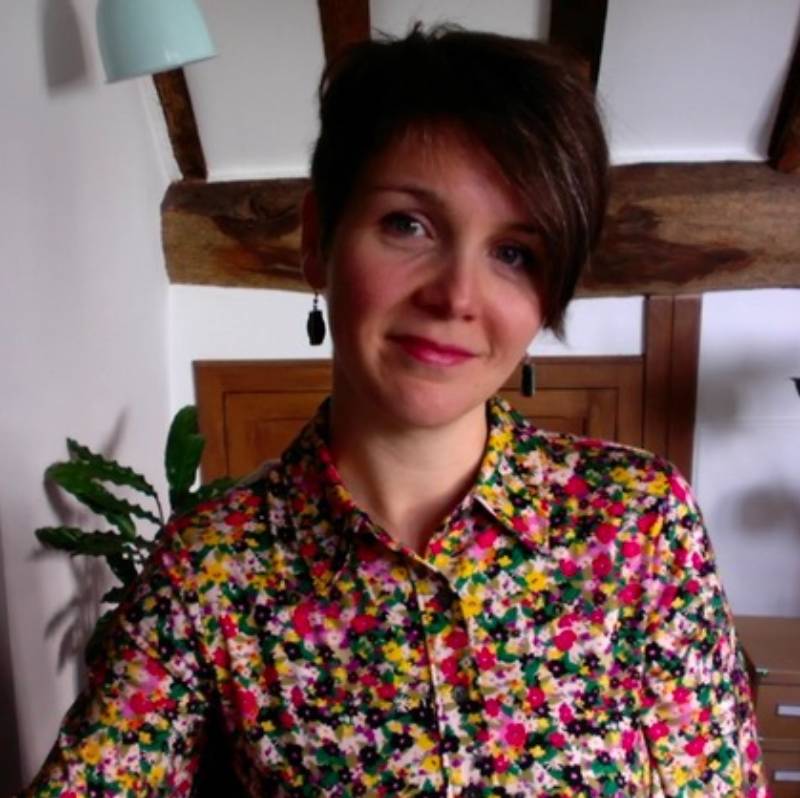
Dr. Anne Touboulic
Associate Professor in Operations Management, Deputy Chair, Social Environmental Responsibility Group, PRME Lead, Nottingham University Business School

Dr. Pavlos A. Vlachos
Associate Professor of Marketing, ALBA Graduate Business School, The American College of Greece

Dr. Delphine Gibassier
Expert of Non-Financial Accounting & Reporting, Director of "Integrated Multi-Capital Performance" Research Centre

Dr. Alexandros Antonaras
Associate Professor of Management and Vice President of Student Services, University of Nicosia

Dr. Donato Calace
Senior Vice President, Accounts & Innovation, Datamaran, Member, Expert Working Group on EU Sustainability Reporting Standards, EFRAG

Dr. George Skiadopoulos
Professor of Finance, Banking and Financial Management Dpt., University of Piraeus & School of Economics and Finance, Queen Mary University of London
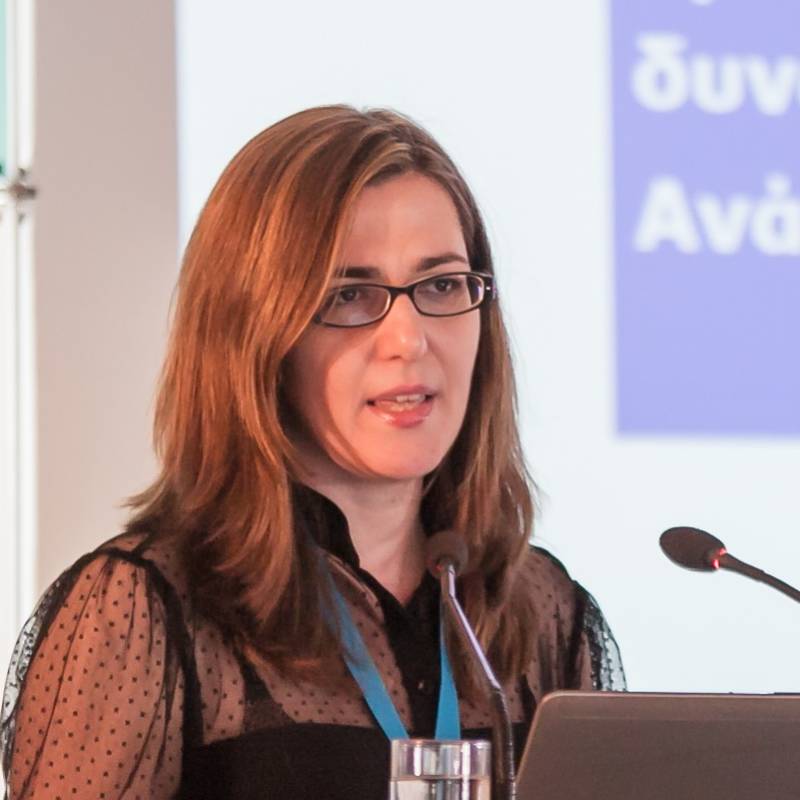
Dr. Eleni Lamprou
Research Fellow, ALBA Graduate Business School, The American College of Greece
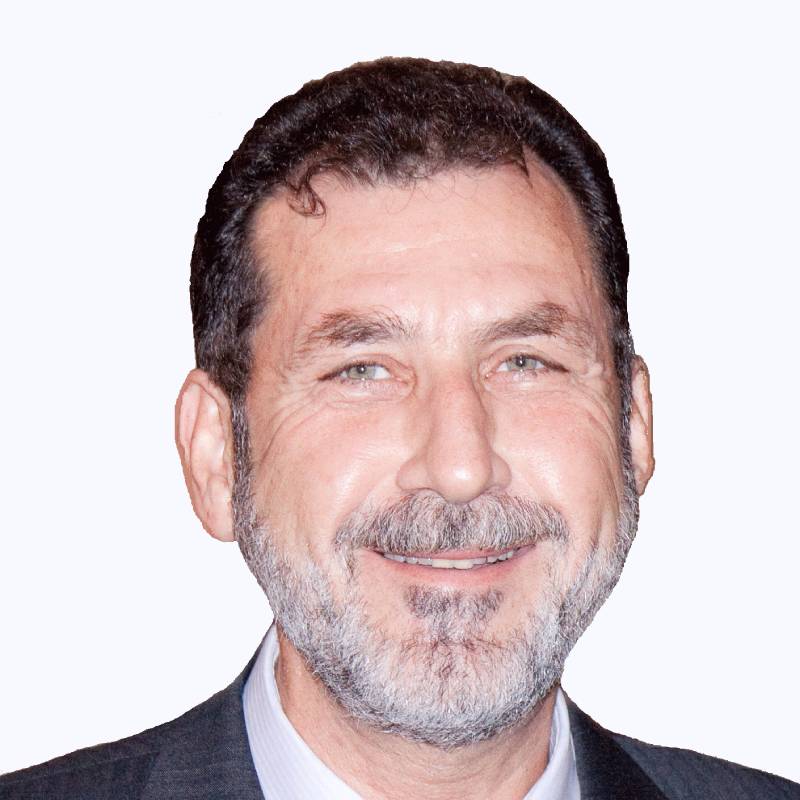
Dr. Eftichios S. Sartzetakis
Professor of Environmental Economics, University of Macedonia

Dr. Elena Koltsaki
Lawyer-Mediator, Academic Director, MSC In Business For Lawyers, Affiliate Professor, Alba Graduate Business School, The American College of Greece

Dr. Konstantinos Tasoulis
Associate Professor, HR Management, The American College of Greece, Visiting Professor, Alba Executive Development
Expert Professionals of the CSR-School 2022
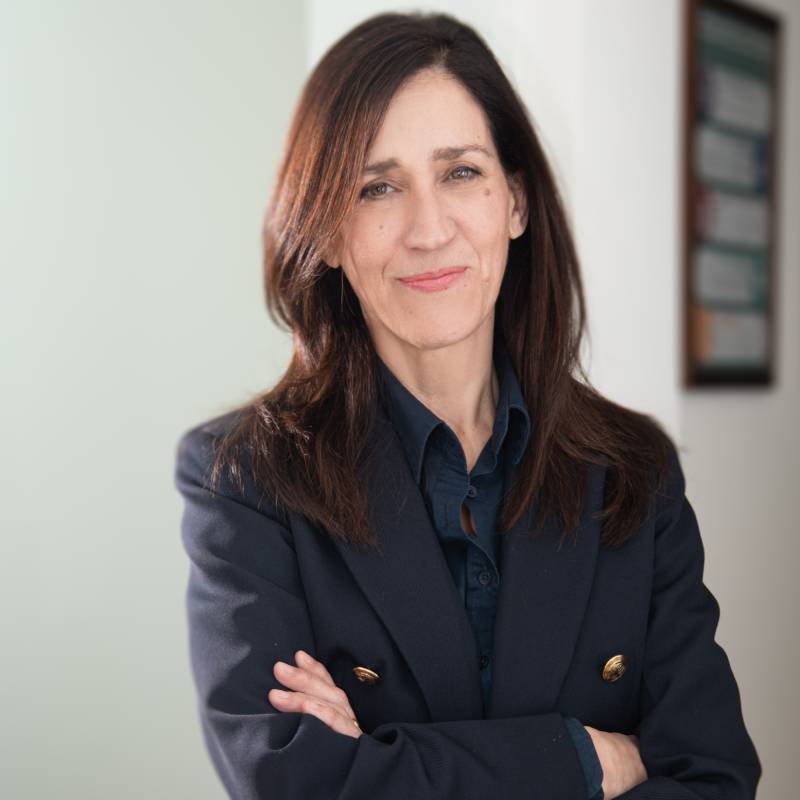
Ms. Maria Alexiou
Chair BoD, CSRHELLAS; BoD member, CSR Europe; ESG Senior Advisor, TITAN Cement Group; Member, PTF ESRS Secretariat, EFRAG

Ms. Myrto Kontaxi
Sustainability and ESG Advisor, Partner of the Biopharma Sustainability Roundtable

Mr. Vasilios Coufos
Founder & Managing Partner, CapaEpsilon spPCC
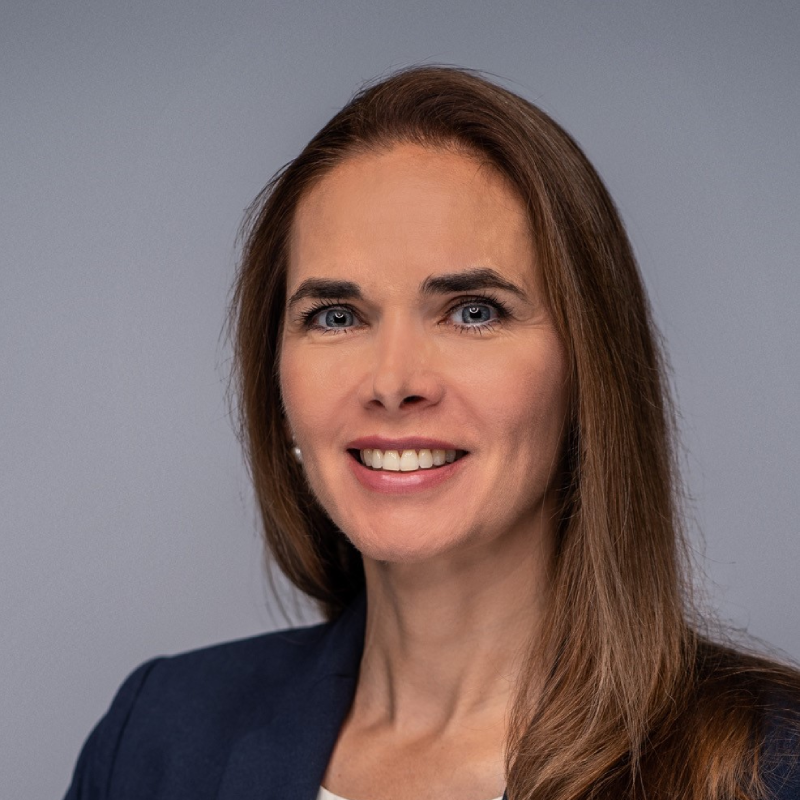
Dr. Sabine Fisbeck-Groh
Senior Expert, Sustainability Relations, BASF

Mr. Filippo Bettini
Sustainability and Future Mobility Officer, Pirelli

Ms. Izabella M. Tsirba
Head Counsel, Finance & Capital Markets, TITAN Cement Group
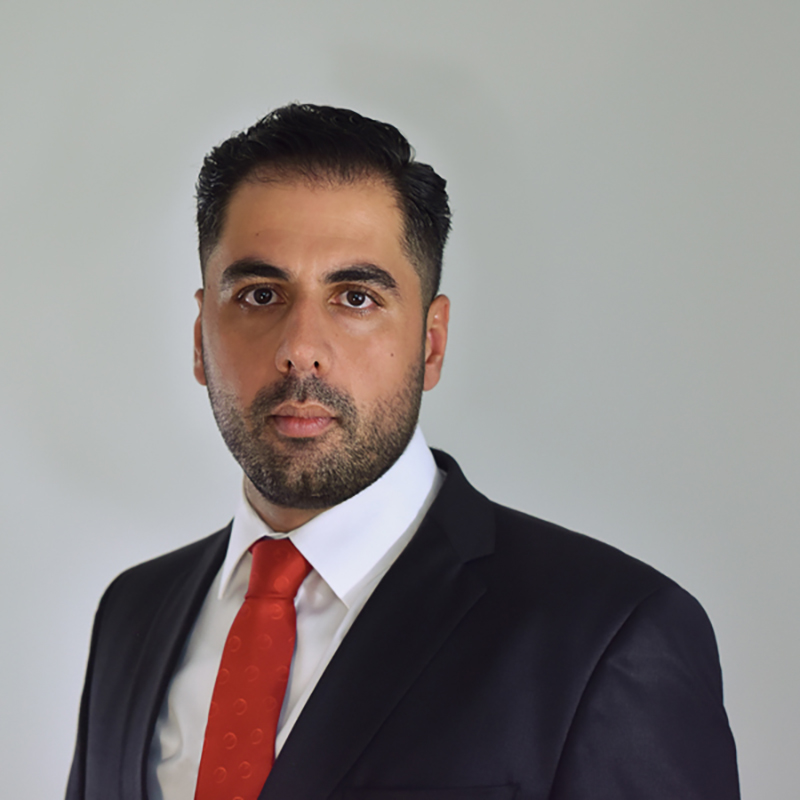
Mr. George Savva
Global ESG Manager, Amdocs.

Ms. Anna Malti
Corporate Responsibility & ESG Manager, OTE Group
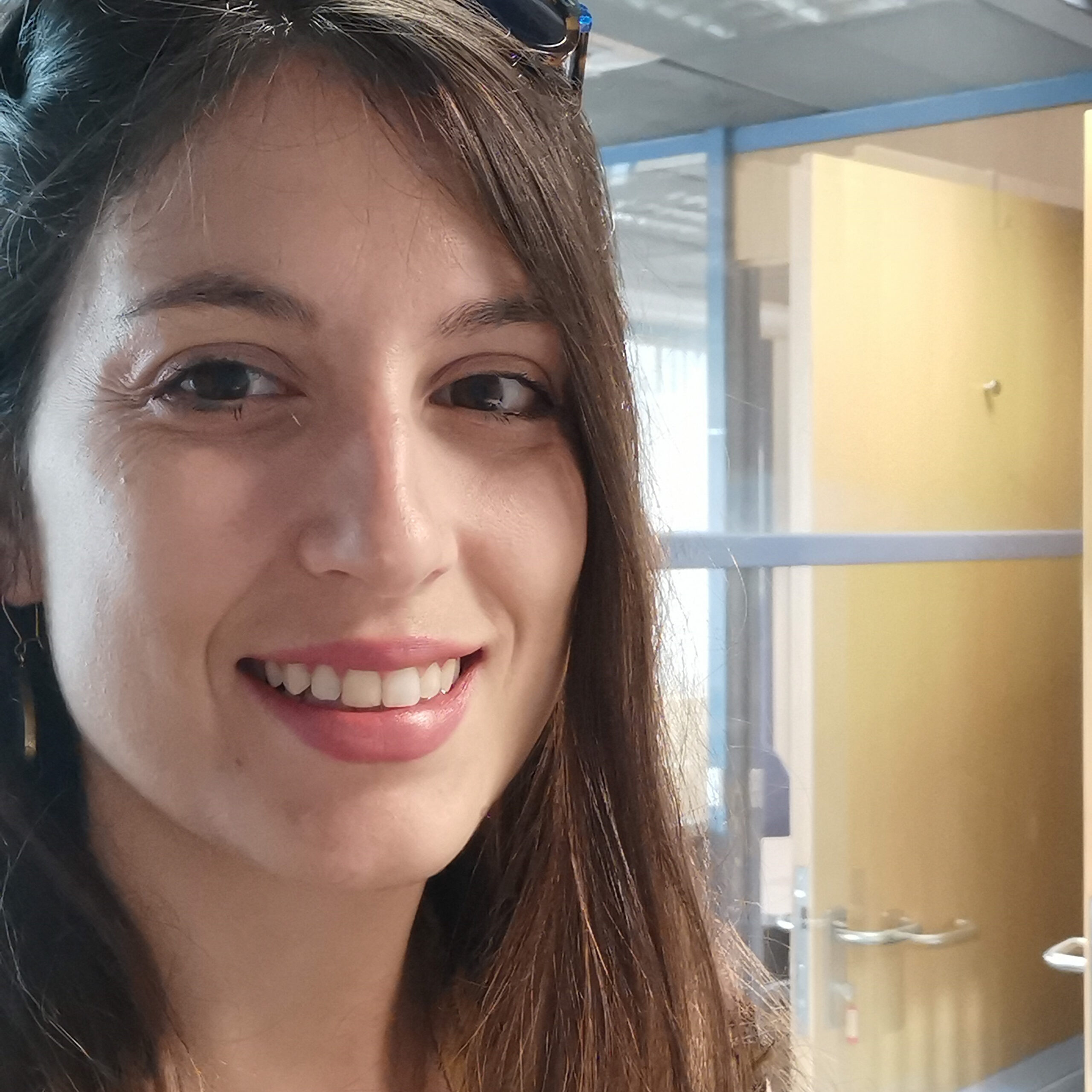
Ms. Stella Georgali
Sustainability Performance Analyst, Titan Cement Group
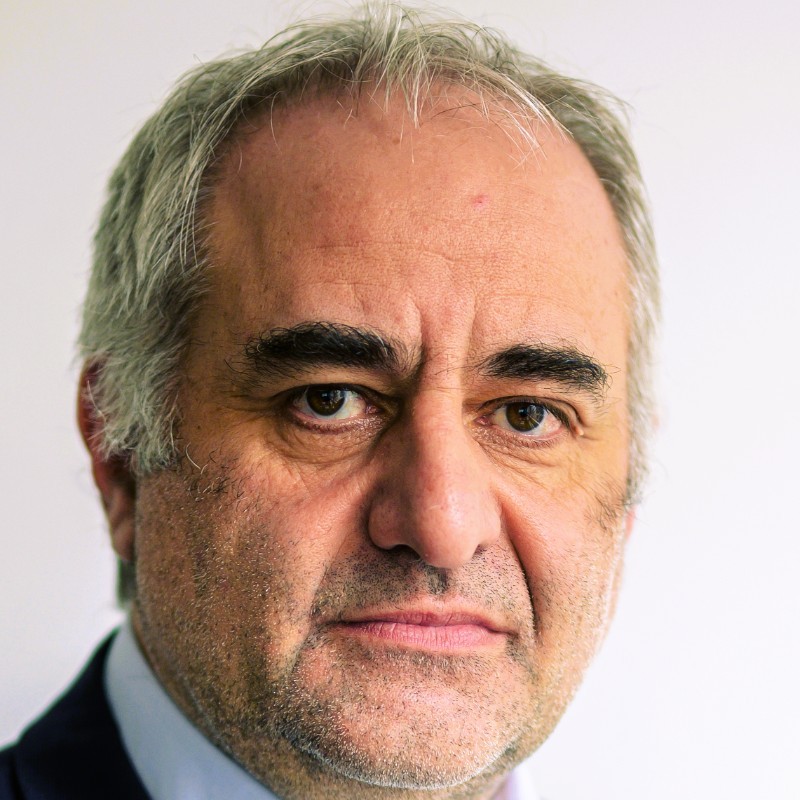
Mr. Stefanos Komninos
Executive Partner, Netrino, Ex-Secretary General of Commerce, Hellenic Ministry of Development
Guests of the CSR-School 2022
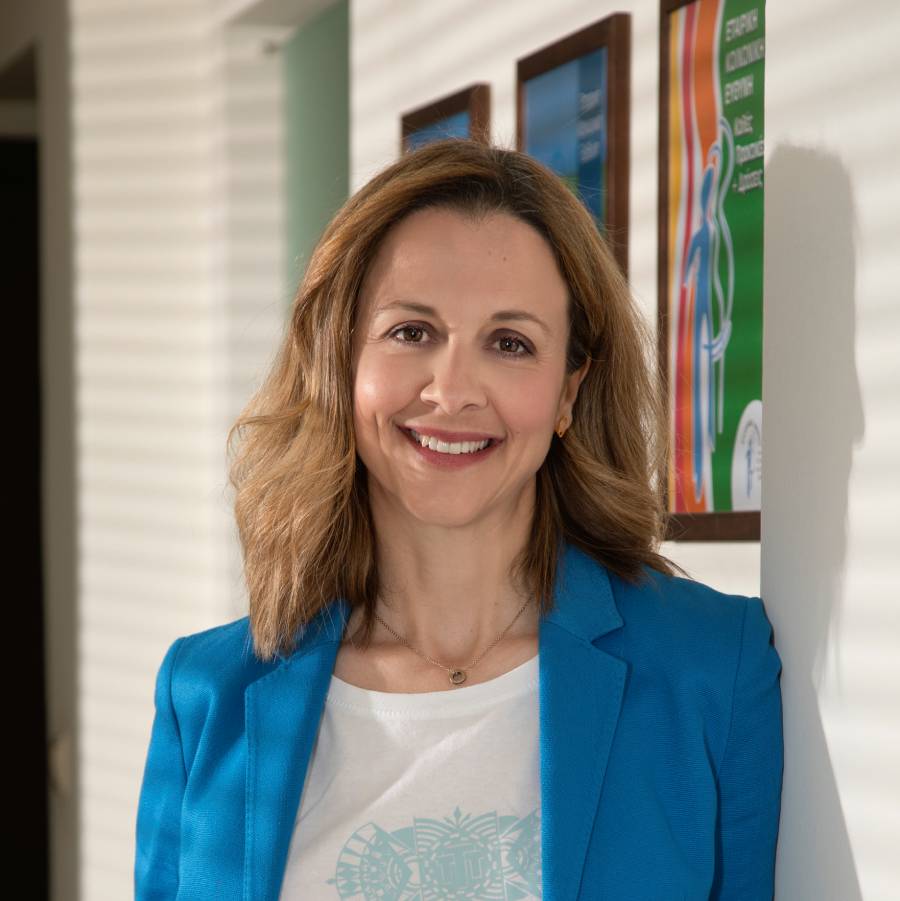
Ms. Stavroula Aggelopoulou
Sustainability & Corporate Responsibility Director, OTE Group
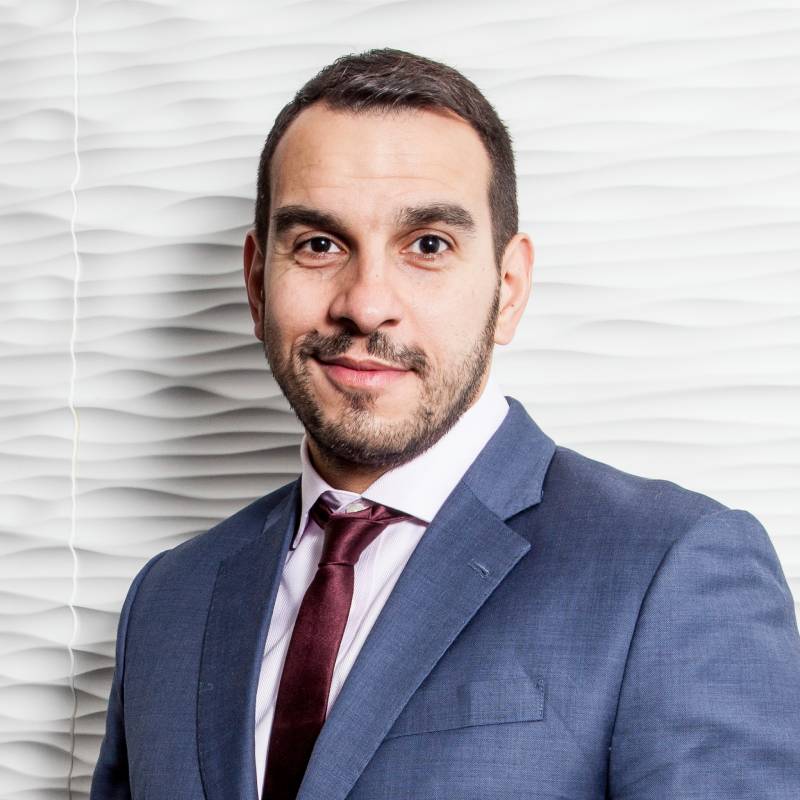
Dr. Ioannis Ioannou
Associate Professor, Strategy & Entrepreneurship, London Business School

Ms. Claudia Carydis
Vice President, Public Affairs, The American College of Greece
Moderation & Administration of the CSR-School 2022
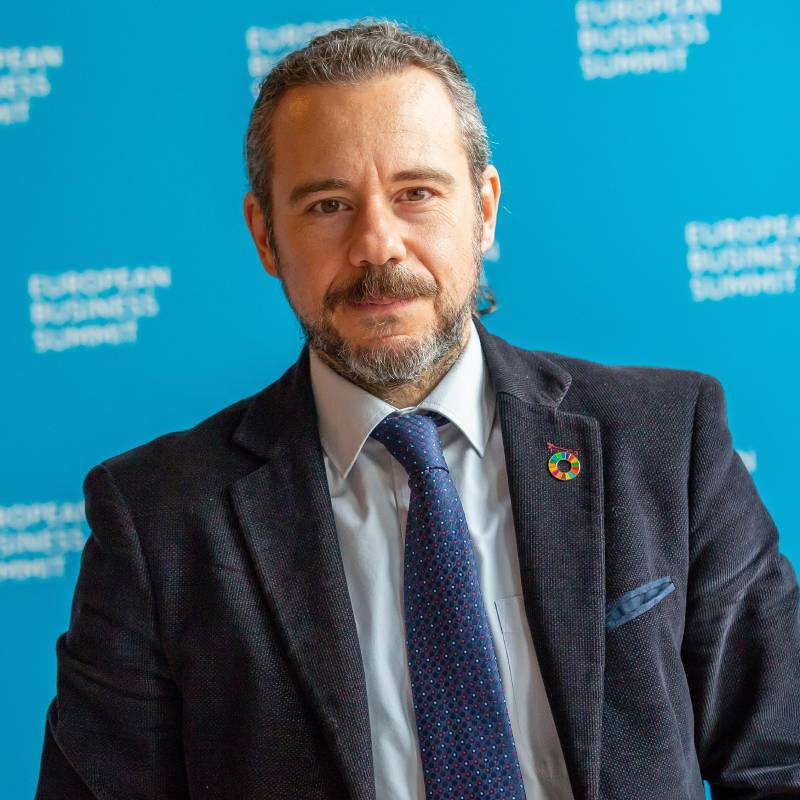
Mr. Alexandros Kostopoulos
Deputy Director, CSR HELLAS; BoD Member, CSR Europe





